Untangling what it means to be a dean
The job can be challenging, all-consuming and even isolating – but also rewarding.

A week after becoming head of the department of plant agriculture at the University of Guelph, a position that would eventually lead him in 2016 to his current role as dean of the university’s Ontario Agricultural College, Rene Van Acker sent a short email to his own former department head, Murray Ballance, at the University of Manitoba. The text read: “Hi Murray. I’m sorry. Rene.”
“I was just apologizing for being a typical faculty member, maybe not always as helpful as I could’ve been for the administration and not realizing what the job entailed,” he says. And that was after just his first step into academic leadership. The next level up, that of dean, he would later discover, offers its own set of challenges and rewards. To find out more about what the job entails, and to help you decide if it might be right for you, we canvassed several current deans for their experiences and advice.
What deans do
While it differs from one university to another, the dean’s position generally involves managing students and faculty on the one side, and liaising with senior management on the other. Rebecca Taylor Duclos, dean of the faculty of fine arts at Concordia University since 2015 and former dean of graduate studies at the School of the Art Institute of Chicago, calls this responsibility “the dean sandwich.” Deans, she says, “are right in the middle – we’re the communicators of the vision of the university from the senior leadership side, and the needs of the faculty on the other end, balancing constantly between these two worlds.”
Mediating between so many different interests also means a lot of face time. “I usually have nine or 10 solid hours of meetings a day, every day,” says Dr. Duclos. “With each of those meetings … somebody who is sitting across from me may have waited a month to see me. One has to be very present with every single person,” she says, adding that the role can be emotionally exhausting at times. “It requires mental gymnastics to keep up with the huge amounts of information and decision-making.”
“We’re the communicators of the vision of the university from the senior leadership side, and the needs of the faculty on the other end, balancing constantly between these two worlds.”
Chris Andersen, appointed dean of the University of Alberta’s faculty of native studies last year after serving as interim dean, divides his key responsibilities into four pockets: management, coordination, mentorship and communications. On the management side, there are budgets, personnel and fundraising. Coordination is both internal, in terms of policies and procedures, and external in terms of managing requests. Mentorship means ensuring junior scholars are moving ahead and that support staff feel appreciated. Communications is “mission and vision territory,” he says, creating and implementing strategic objectives and conveying them to faculty, the wider campus and the general public.
Dr. Andersen says the move from professor to dean was “jarring” and turned him into a morning person. “I’m up at 5:30 now because that’s the only time I get a couple of hours free to myself to actually work before people start coming into the faculty,” he says.
The challenges
When Isabelle Dionne first arrived as dean of the faculty of sports and physical education at Université de Sherbrooke, in 2014, “I had no idea how many little fires I’d have to put out all the time. … We always think everything will be on track, that everyone’s teaching their classes and doing their research and that there won’t be emergencies to deal with, but I deal with that sort of thing every day, which is not something I expected.”
Ali Dastmalchian, dean of the Beedie School of Business at Simon Fraser University since January 2016, and previously dean of the University of Victoria’s Gustavson School of Business and the faculty of management at the University of Lethbridge, agrees that the job can be all-consuming. “It’s a 15-hour day on a regular basis. And apart from the day-to-day putting out of fires, you have to have your eye on longer-term strategy.”

Beyond these long hours and dealing with internal issues, other challenges await. Dr. Dastmalchian says representing the university in the community, particularly as dean of a business school where tuition fees are high and fundraising is key, is a real effort. “You have to have thicker skin, the ability to take criticism, the ability to listen to people.” Having confidence in your own skills, involving faculty and students, and forming good advisory boards all help, he says. But ultimately you are the face of the school to the outside world at a time when external relationships have become a large part of the job.
“You have to spend time presenting, talking, sharing what you do to the community – the research strength of the school, the quality of the graduates you produce. On the other hand, you have to develop and gain the trust of your own stakeholders within the university,” says Dr. Dastmalchian. “People pay attention to everything you do and say, so every memo has to be thought out carefully. What you send signals what’s valued here and what direction we’re going in. It generates reaction from all corners.”
“It’s a 15-hour day on a regular basis. And apart from the day-to-day putting out of fires, you have to have your eye on longer-term strategy.”
Dr. Dionne, meanwhile, sees herself as a rassambleur. “You need to be someone who rallies people together,” she says. “There are times when you have to give your troops a morale boost and act as a model of resilience, facing these things with a smile.”
Being a dean also involves making complex decisions, often within tight budgets. “I think the finances are probably the biggest challenge,” says Margaret Steele, who became the first female dean of Memorial University’s faculty of medicine in 2016 and is former vice-dean of hospital and inter-faculty relations at Western University’s Schulich School of Medicine and Dentistry. She recommends anyone moving into a leadership position learn to understand a spreadsheet.
The upside
Long days, isolation, reading spreadsheets – why do these deans do it? “The upside is it’s a wonderful job: you hear about amazing things that your faculty, students and staff are doing,” says Dr. Steele. “To develop the school, move forward, meet with people in the community about the great things people are doing and trying to connect things, I think is all very exciting.” She adds: “I really enjoy facilitating and mentoring. I love to help people make connections to further their work, whether it’s education, research or leadership opportunities. It’s nice to see opportunities and move them forward.”
“You need to be someone who rallies people together. There are times when you have to give your troops a morale boost and act as a model of resilience, facing these things with a smile.”
Dr. Andersen at U of A agrees that mentoring can be rewarding. “I like getting the most out of senior professors in ways that will help them mentor our junior faculty. I also enjoy thinking strategically in terms of how our goals and opportunities at a faculty level fit into those of the university more broadly,” he says. As dean of a faculty of native studies, he adds that it’s also rewarding to help build a relatively new discipline. “I saw this as an opportunity to play a role in helping to build up the discipline more broadly, both in terms of regional networks of Indigenous studies departments and internationally.”
Concordia’s Dr. Duclos likes what she calls the “30,000-foot view,” where she’s able to witness and guide how her fine arts faculty fits into both the university and the cultural scene of Montreal as a whole. “It’s a phenomenal privilege to be able to have a sense of an entire school and to see how different departments interact,” she says. “I often find myself introducing people who have in fact worked side by side for many years, and they’ve never met. It’s great for somebody who really loves that kind of overlooking position and loves to make collaborations happen.”
Is it for you?
So, these deans seem to like their work. But will you? To make the decision, they counsel that you assess your strengths and ponder whether you like that big-picture view.
Another question is whether you’re prepared to scale back significantly on your research and teaching, as these necessarily take a backseat when faced with so many administrative duties. Asked what he’d say to those considering a deanship, Dr. Andersen replies: “Be sure that they don’t lie to themselves about how willing they are to put their research on the back burner, especially if their professional sense of self is derived from the passion and the years that they’ve put into being a researcher.”
U de Sherbrooke’s Dr. Dionne doesn’t quite have that luxury, as she continues to hold a Tier 1 Canada Research Chair, “so I can’t ignore that side of things.” She adds, “there are definitely times I would like to be able to sit down with three spare hours to write a grant proposal or article or just to think.”
Dr. Van Acker puts it another way: you have to think about whether you value service at least as much as research. “I think you need a service mindset. I increasingly realized that what I liked to do and how I could contribute was by helping my colleagues do the things that they didn’t want to do in order to facilitate what they do want to do.” He adds that taking an interim step into another leadership role can help potential deans decide whether administration is the right move. Thinking back to his time as department chair at the U of Guelph, he says, “I think there are a lot of important lessons in that role in terms of understanding budgets, HR responsibilities, curriculum development, and how the university works.”
Those interested in the job must also honestly assess their own people skills and leadership abilities. When she started thinking about the deanship, Memorial’s Dr. Steele says she did a self-assessment of which skills she needed to develop, and sought out mentorships, training programs and leadership positions. “I’ve intentionally taken courses to help me with areas that I needed to grow in if I was going to be a dean. If you’re thinking about it, you should start reflecting on the strengths you have, the experiences you’ve had, chatting with deans and taking executive leadership courses.”
Advice for new deans
After jumping into this fast-paced role, new deans should work quickly to assess the environment and seek support. Dr. Duclos recommends building community immediately. “Especially in the first year, just get out of your office. Go to everything, meet as many people as you can, and listen. Introduce people – the simplest thing I did was to make more social occasions for faculty and students to meet each other,” she says.
Seek out other deans as well, says Dr. Andersen, who was surprised by the warm welcome he received from his fellow deans at the U of A. “I think that collegiality extends to you asking questions that you might think are dumb or super naive. Not being scared to ask questions is an important element,” he says. He adds that you should also assess your own skill set. “From my perspective, I’m a very messy thinker. I tend not to see things in black and white, so the biggest challenge is trying to stay organized and keep numerous balls in the air at the same time, all without burning out,” he says.
“Especially in the first year, just get out of your office. Go to everything, meet as many people as you can, and listen.”
You also need to adjust to the shift in dynamics that comes with leadership. “Be prepared for the isolation that comes with being a leader. The way that you approach issues plays a powerful role in terms of setting the tone for the faculty that you lead,” says Dr. Andersen. Against his own nature, he says he hired an executive coach to help with the transition, and now recommends it. “I would have rolled my eyes at that kind of thing before I became a dean, but now I see it. It’s an important part of my ability to not feel isolated, because you’re going from someone who is friends with all of your faculty to still being friendly but set apart, whether you want to admit it or not,” he advises.
That “apartness” is also on the mind of Dr. Dionne, who says her first piece of advice is to “really think about whether you’re ready to have to make decisions that not everyone will like. The second, which is somewhat related to the first, would be: take the time to go see the people who may be hurt by your actions. Obviously, it’s never intentional, but you still need to take the time to talk to them. … Sometimes, it just means sending an email that says, ‘Look, I have to go in such and such a direction and I’m really sorry, but for this particular reason, it’s what I have to do.’”
“Be prepared for the isolation that comes with being a leader. The way that you approach issues plays a powerful role in terms of setting the tone for the faculty that you lead.”
Her final piece of advice: “take care of yourself, as it’s easy to lose yourself in your work and not have time for anything else. I have three children, so I have a family life. I promised myself that I wouldn’t let being dean impact my health and time with my family. … Of course, it helps to have a partner who’s present and able to take on a good share of the work.”
In the end, most deans want to emphasize how much the rewards outweigh the stresses in their jobs, especially knowing that many faculty are intimidated by administration. “Typically, we have to encourage people to think about stepping into administrative roles. We’re usually not swamped with applications,” says Dr. Van Acker. “I think part of it is we select for faculty people who are very passionate teachers and researchers, and we’re not looking for people who are passionate administrators. But at the same time, I think we’re also not necessarily encouraging people enough to think about that.”
With a file from Pascale Castonguay.

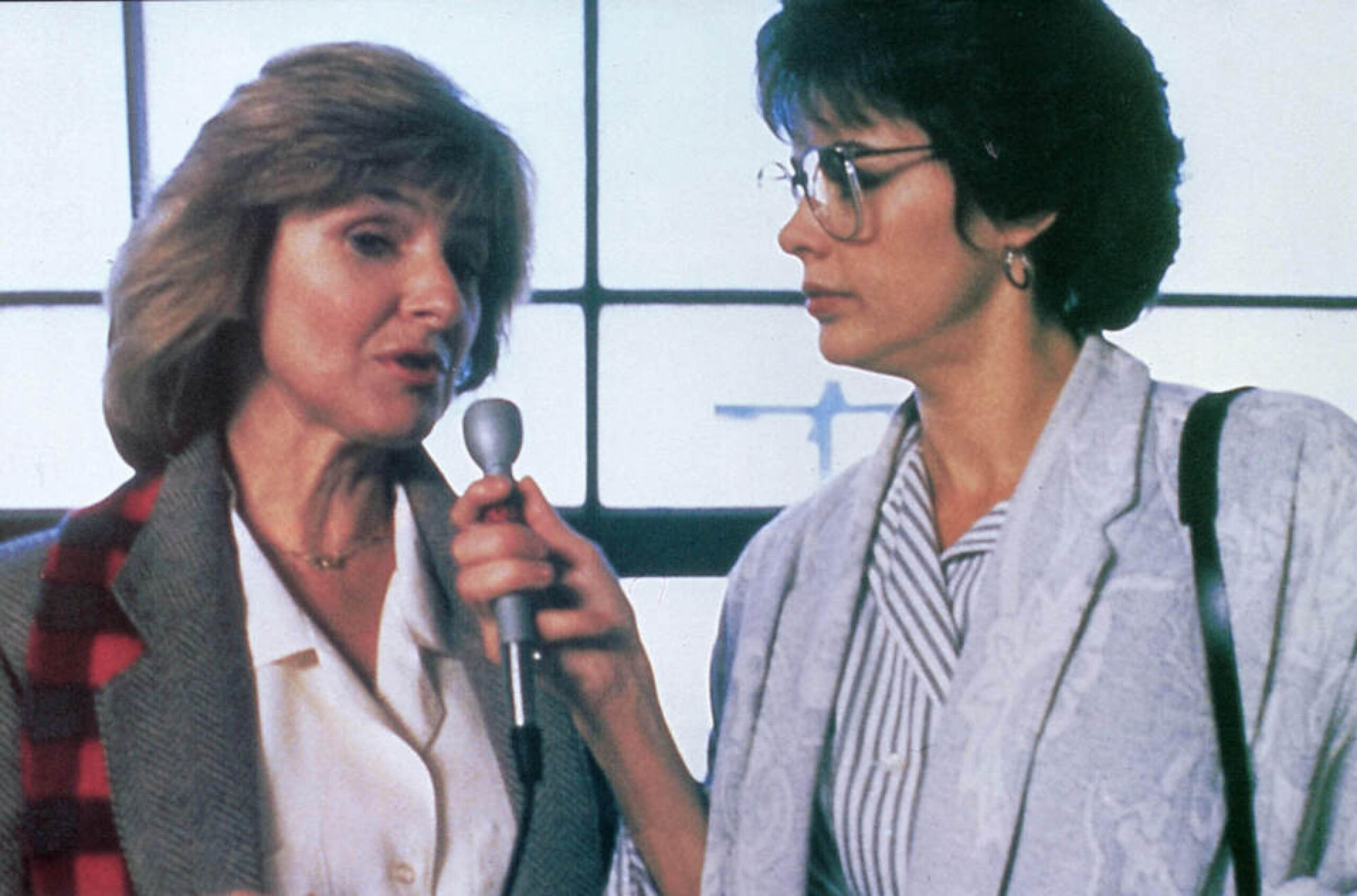
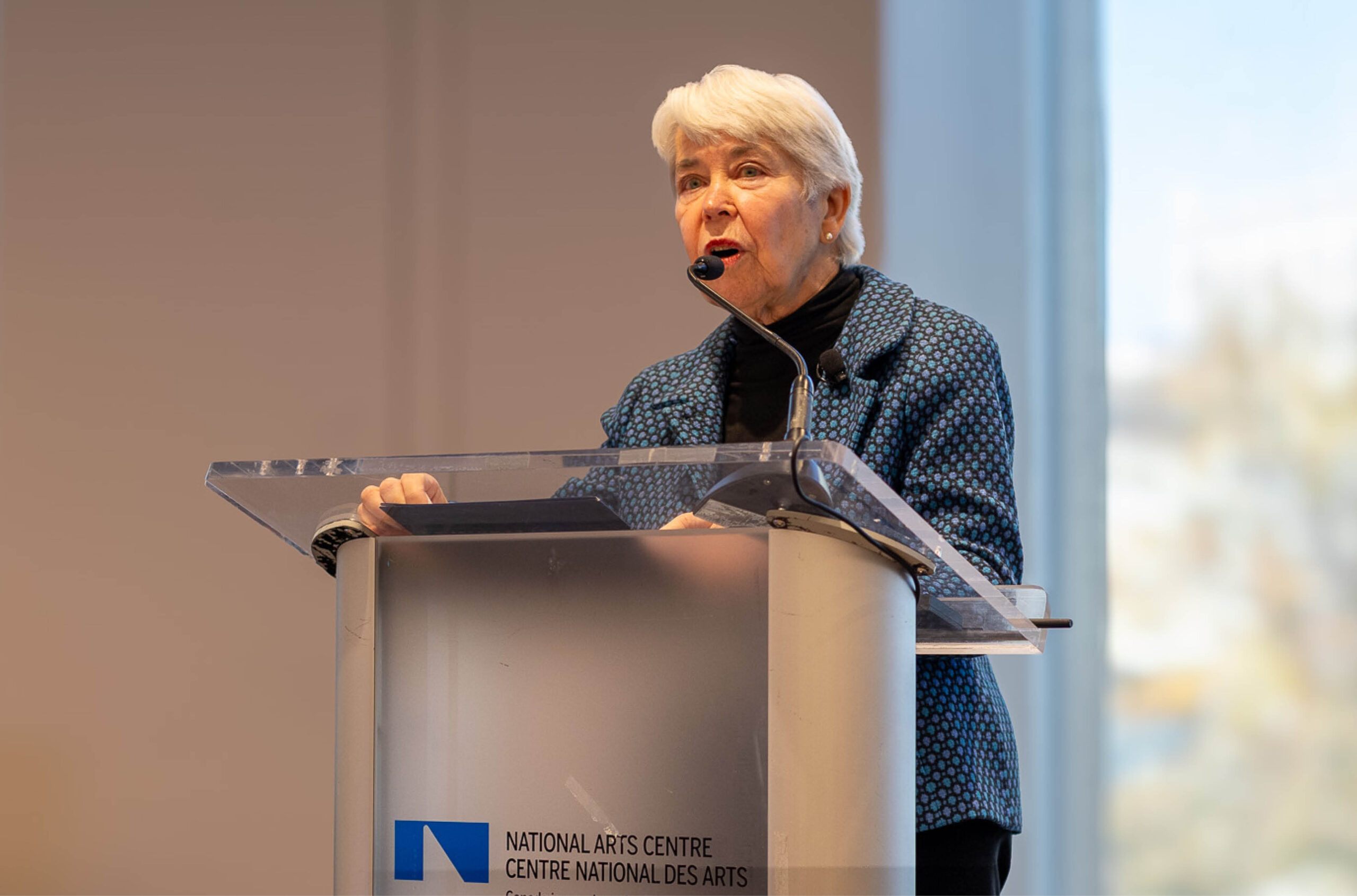
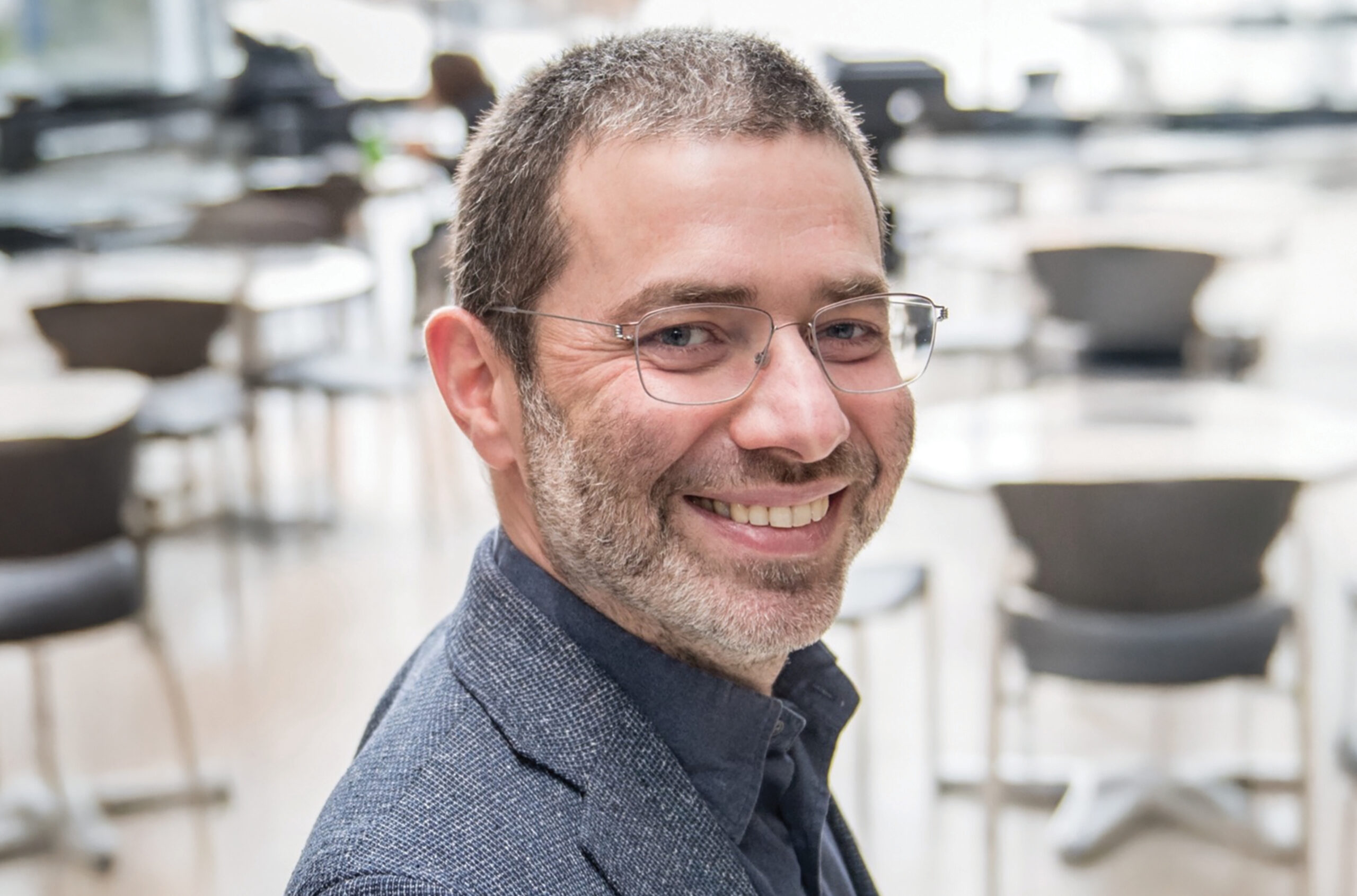



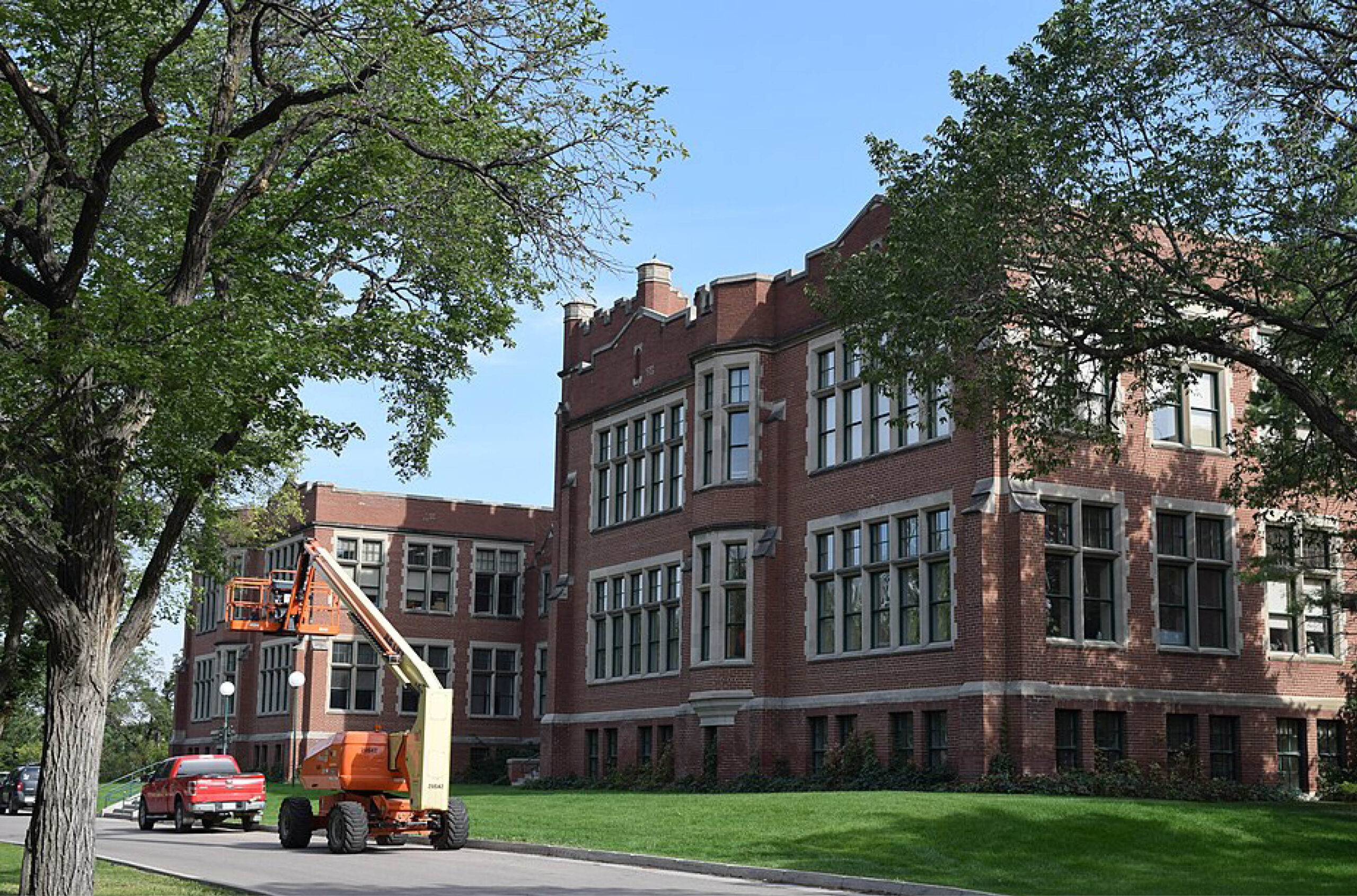


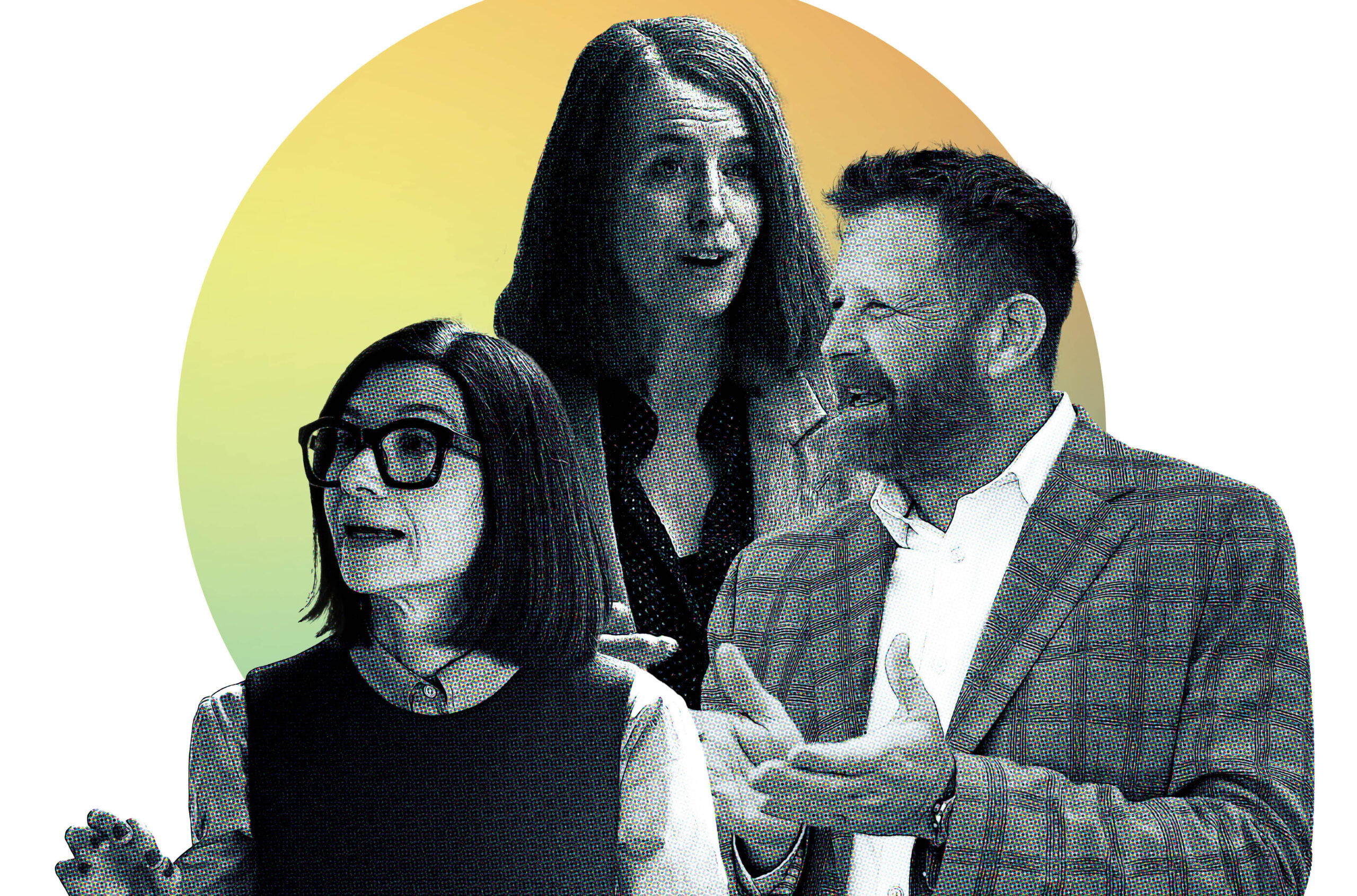
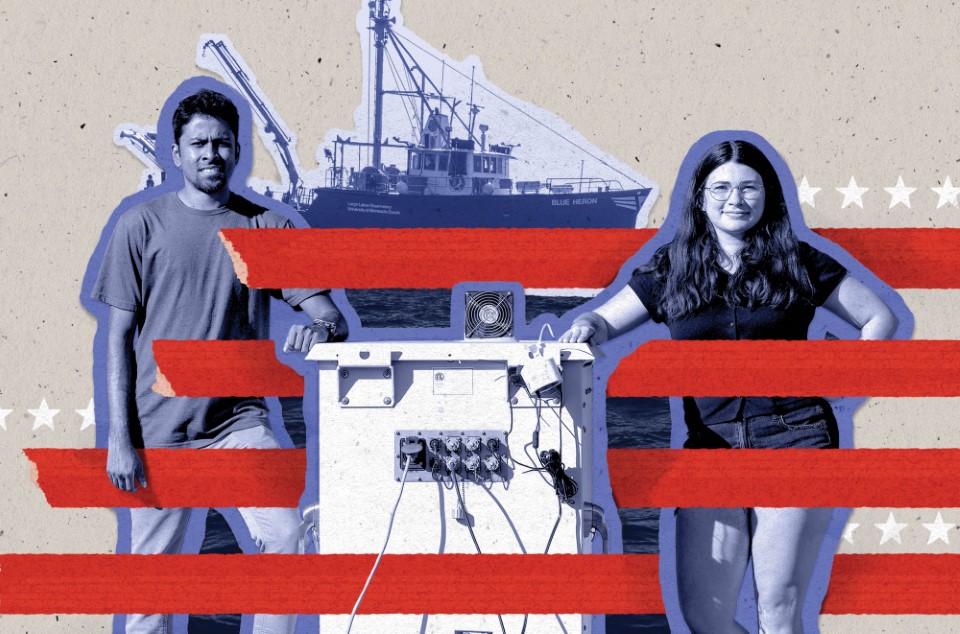
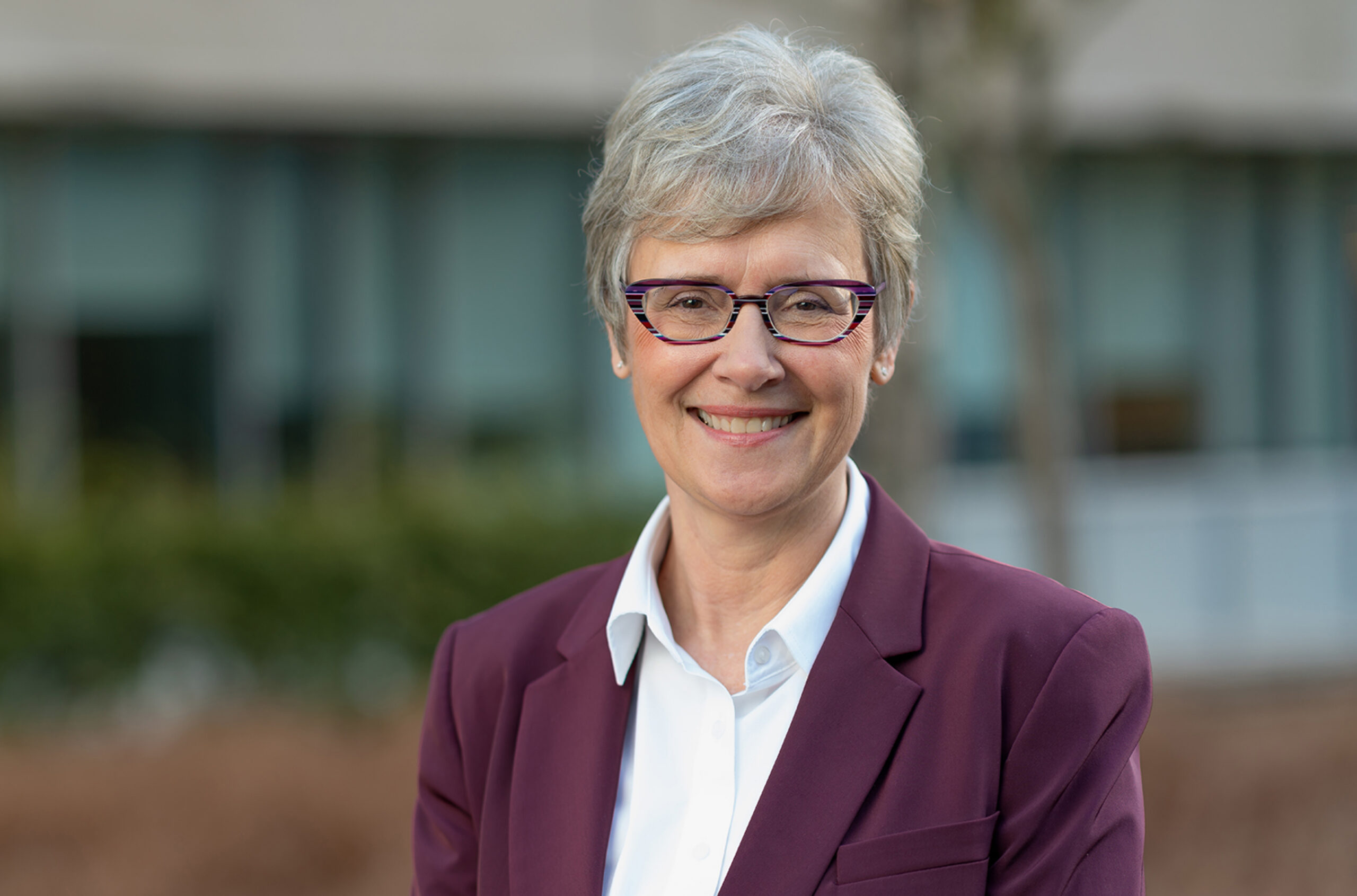
Post a comment
University Affairs moderates all comments according to the following guidelines. If approved, comments generally appear within one business day. We may republish particularly insightful remarks in our print edition or elsewhere.
1 Comments
A great article. I’m glad someone thought to do this. Although it came to my eyes after I had already made the decision to accept a Dean’s position, there is still a lot of great insight into the role of a dean that I can use as I move forward. I particularly connect with Chris Anderson’s division of responsibilities and his caution about being prepared “for the isolation that comes with being a leader.” I think anyone considering a role in academic administration would benefit from reading this article in helping them make a decision.
Dannie Brown, DBA
Dean, International Academic Programs
Crandall University
Moncton, NB